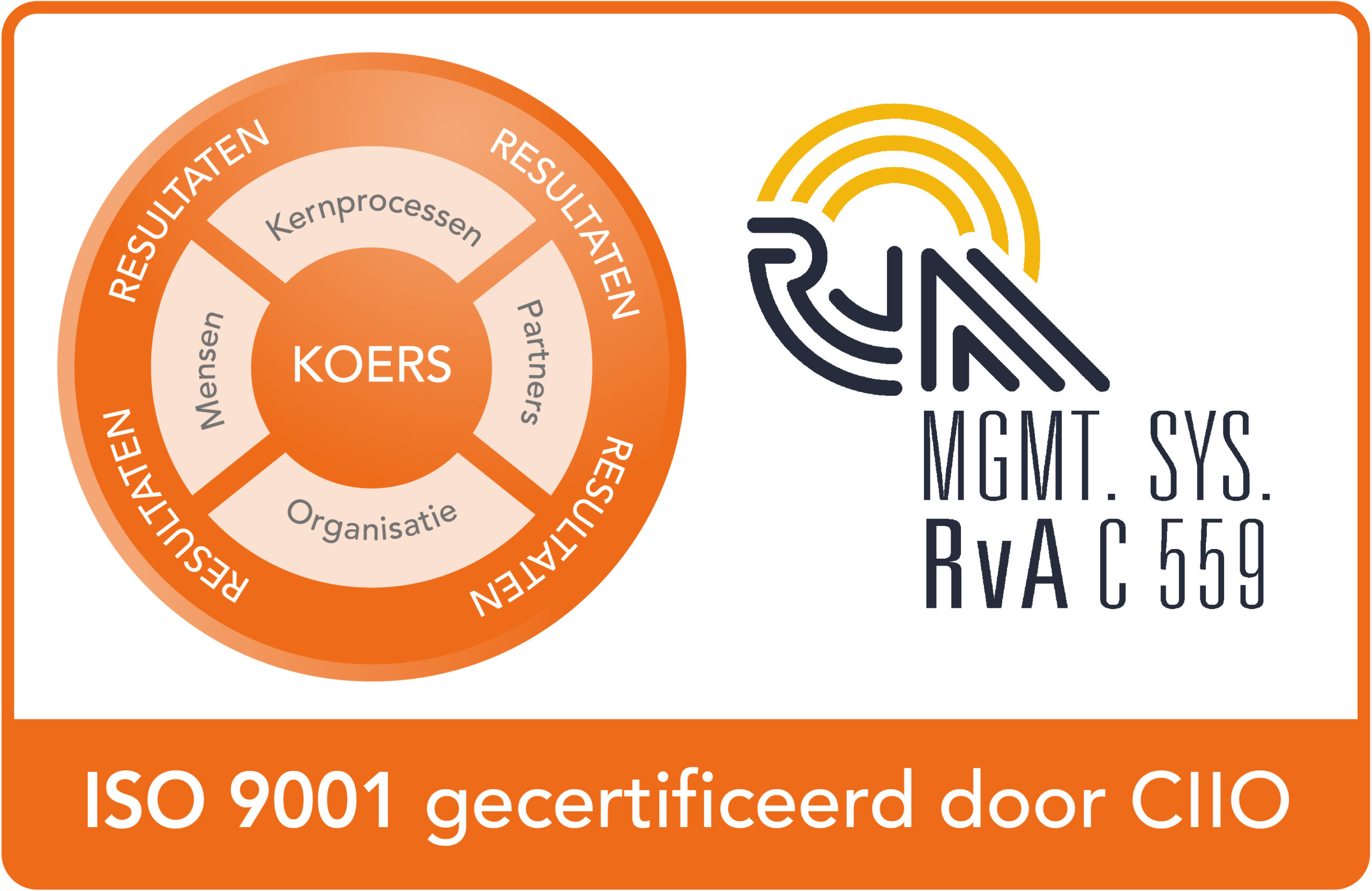PBLQ visited the Smart City World Expo 2021 in Barcelona. A three-day congress filled with interesting and inspiring talks, discussions and insights. What are the most important lessons learned from Barcelona that we take back home to the Netherlands?
In this article we elaborate on what goals smart cities in our view should focus on for the upcoming years and how to pave ways to achieve these goals. We see that the path to get there is two-fold: it is about becoming inclusive cities that are connected and citizen-centred, as well as about becoming sustainable cities that are circular and resilient. City administrations can achieve this by building solid smart city governance and by accelerating innovation together.
Goals for cities for the upcoming years
Firstly, we have seen that smart cities are sustainable cities that are circular and resilient. Circularity is a model of production and consumption, which involves sharing, leasing, reusing, repairing, refurbishing and recycling existing products and materials for the longest time possible. Thereby it aims to tackle (global) challenges such as climate change, waste, and pollution. Resilience is the ability to recover quickly from difficulties and to adapt quickly and thrive in volatile, uncertain, complex and ambiguous times. As local governments are the public body that is closest to citizens, they have an important role in navigating a city through these times of major societal challenges. Becoming more sustainable should be top priority for cities, as both circular economy and resilience span across the domains of public space, climate and nature, as well as infrastructure. Climate mitigation and adaptation are examples of challenges that require a circular and resilient approach to cut emissions and to foster a self-reliant and independent city economy. City deals that aim for climate neutrality in 2030, as we saw during the Smart City Expo in Barcelona, may be the start towards a solution. There is, however, still plenty of work to do.
Secondly, we have seen that to become a smart city means being an inclusive city that is connected and citizen-centred. Connectivity is key for cities to flourish in the digital age. This means having a solid digital infrastructure through both public and private investments and making high-quality data connections (fibre-optic and 5G) available in an accessible way. This is not the whole story though. It is also about people that make use of this connectivity to access public services, such as education and healthcare. Not all citizens are yet able to fully participate in the digital economy and society. The main reasons why citizens are unable to participate in the digital society are a lack of technical knowledge of ICT tools, a lack of literacy skills and competences – such as language – and a lack of access to computers and the internet. It is therefore essential that city policies aim at including all kinds of citizens and their needs so that ‘no one is left behind’ when building smarter cities. In the next section we elaborate on how to achieve the above-mentioned goals.
Paving the way for smarter cities
In addressing the question of how to achieve the above-mentioned goals, we regard solid Smart City governance to be the first building block. Smart City strategies should not be developed in splendid isolation, but need to be aligned with other strategic agendas, such as welfare and climate strategies. Furthermore, cities are the smartest when they jointly strive for a smart society. In realising this, it is important that cities learn from each other and collaborate. Cities should choose an approach that focuses on cross-sectoral thinking within a city administration and with the city itself. Smart city governance is also about leadership. Leaders with a clear vision, that encourage innovation and inspire, think and operate outside the box are essential to both develop and implement future proof smart city strategies. One last but not least important aspect of smart city governance is investing in skills and capabilities of people involved in the innovation process, such as for instance policy makers, in order to identify and to better seize opportunities for innovation in the city.
Secondly, city administrations should take up their role in accelerating innovation together. Public sector procurement should become more adaptive and flexible. Moreover, procurement should not only be focused on the best price, but also on defining criteria to protect and promote public rights and values such as inclusivity and sustainability. Quadruple helix cooperation (public, private, knowledge institutions and citizens together) can help to constitute frameworks for these public values and ensure that the citizens’ perspective is strongly included. Furthermore, quadruple helix cooperation is in our opinion essential to overcome barriers such as technological, financial, regulatory and stakeholder engagement challenges. City administrations should therefore encourage and facilitate quadruple helix cooperation to achieve the most integral and inclusive solutions. City governments are increasingly reserving financial resources for experimenting with different programs and solutions, thereby creating room for both technological and social innovation. Living labs in the city and urban data platforms can for instance serve as venues to move from theory to practice in finding smart city solutions. One of the most difficult challenges after successful experimentation is however the scaling up phase. City administrations should not only focus on creating room for experimentation, but also on closing the gap between pilots and experiments and larger-scale urban solutions. Flexible and adaptive programmes that fit the pace in which innovation occurs and can be implemented are therefore much needed.
We are looking forward to work on innovating and digitalising cities after this fruitful week in Barcelona! Júlia Ortí and Niels Back from PBLQ can help your city with topics and questions such as the above-mentioned. Please do not hesitate to send us a message if you want to have a chat on (further) fostering innovation in your city.


